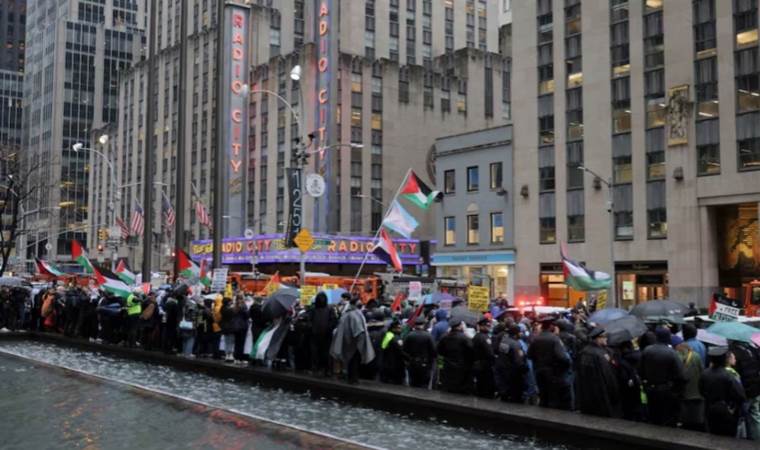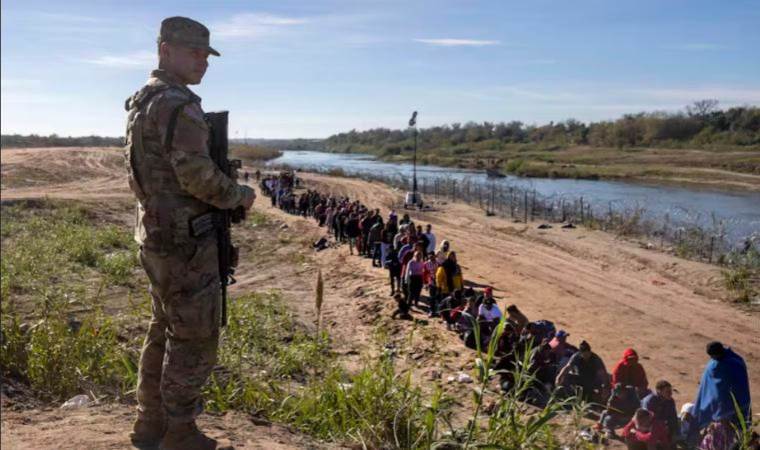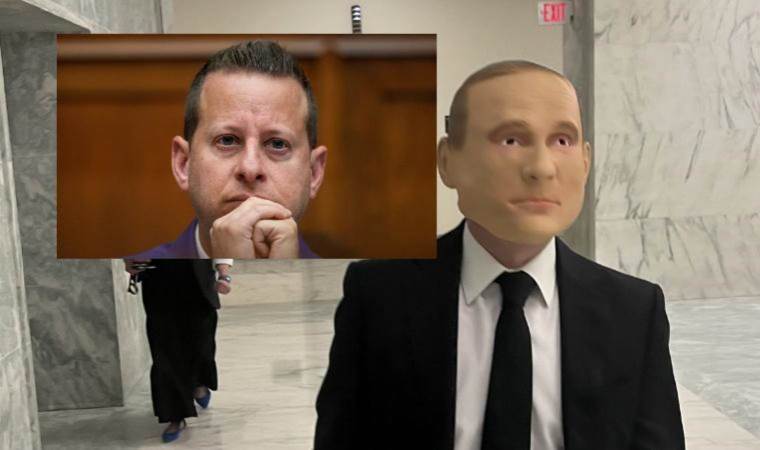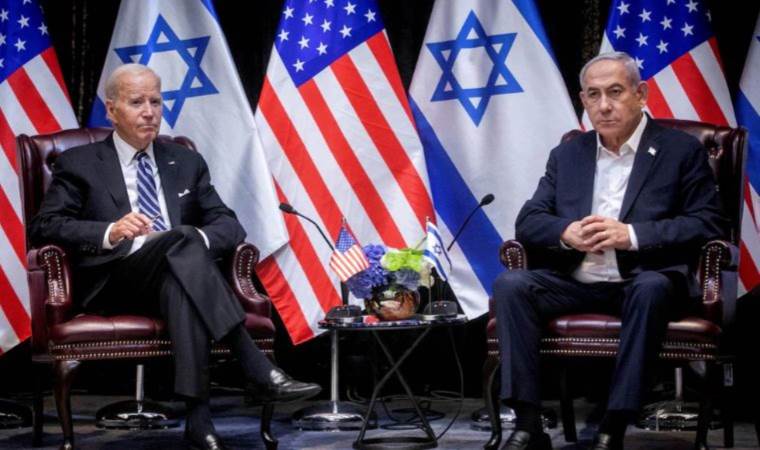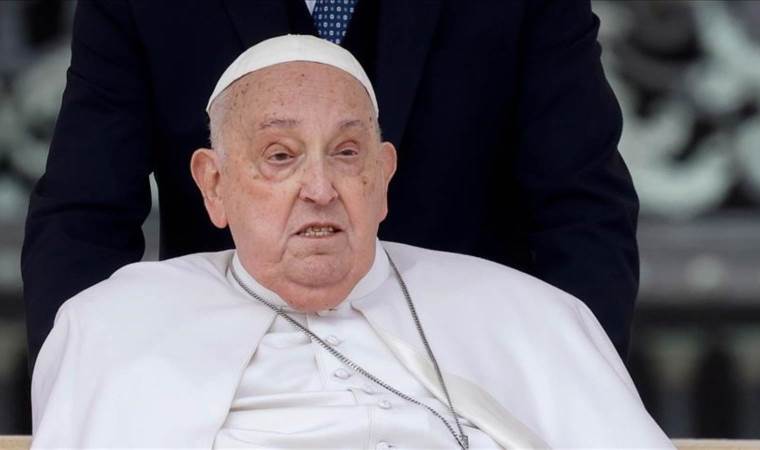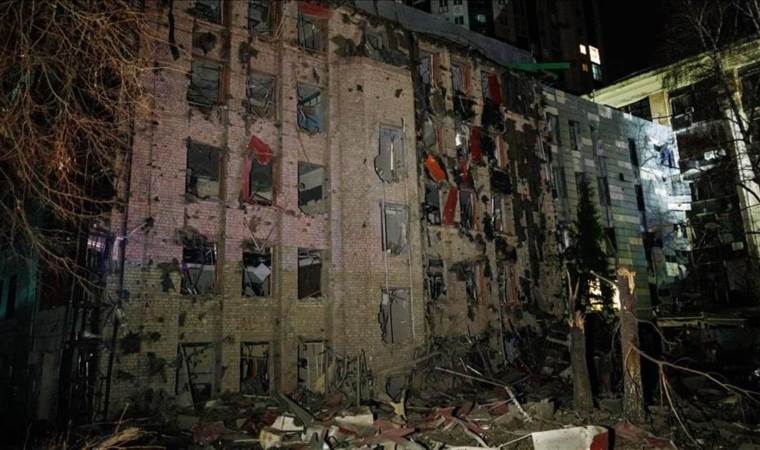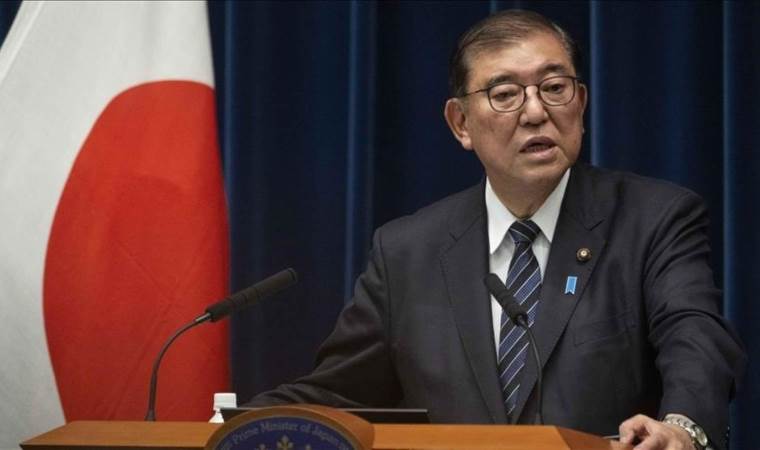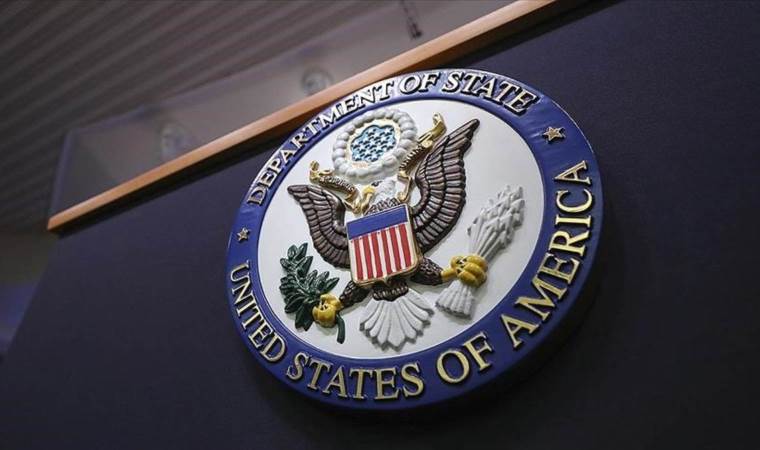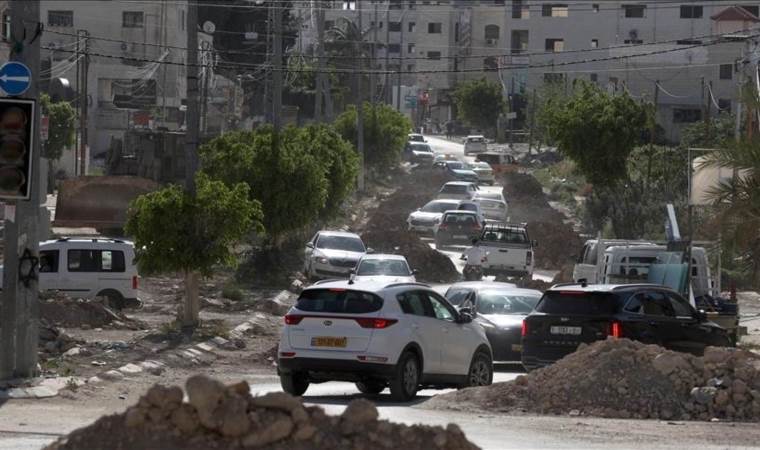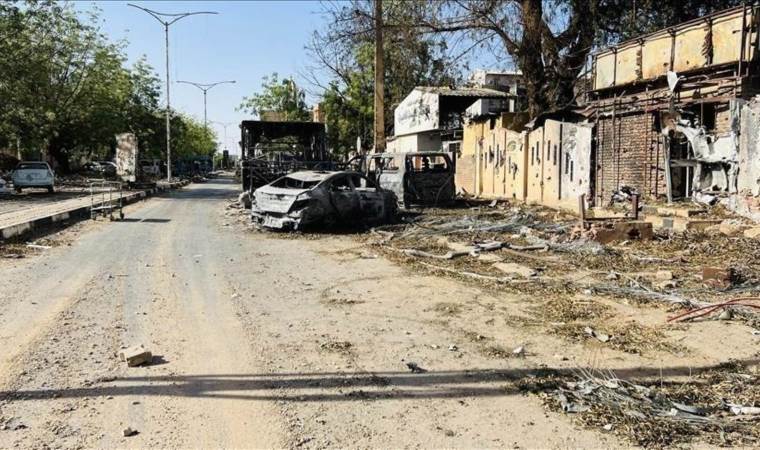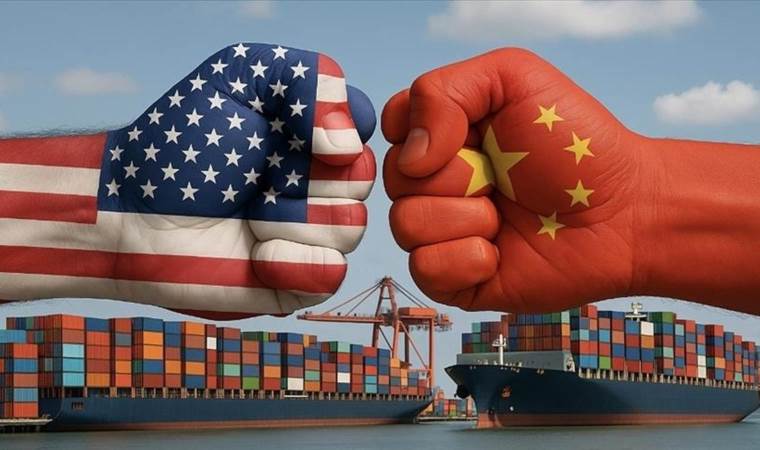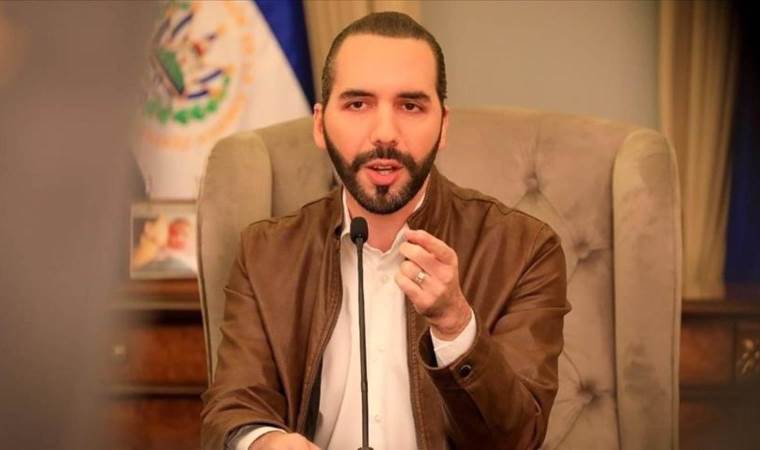Biden's ultimatum to Netanyahu: Safeguard Gaza civilians or face consequences
On Thursday, President Joe Biden issued a stark ultimatum to Israeli Prime Minister Benjamin Netanyahu, demanding the protection of Palestinian civilians and foreign aid workers in Gaza. Biden warned that failure to comply could lead to a reduction of U.S. support for Israel amidst its conflict with Hamas militants.
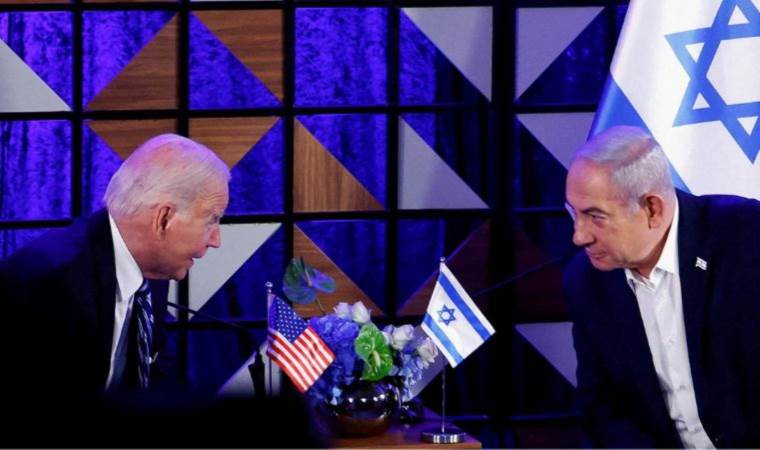
This directive follows the U.S.'s repeated appeals for Israel to revise its military strategies, which have resulted in the deaths of tens of thousands of Palestinians. The urgency of Biden's message was underscored by a recent Israeli operation that mistakenly killed seven aid workers from the World Central Kitchen, sparking worldwide condemnation.
While Israel has acknowledged the error, the White House remained vague on the specifics of the desired actions from Netanyahu, as well as the potential consequences of non-compliance. Analysts interpret Biden's warning as a possible slowdown in U.S. arms deliveries to Israel or a decrease in diplomatic backing at the United Nations. According to Steven Cook from the Council on Foreign Relations, Biden's approach represents a critical moment in U.S.-Israel relations, signaling a potential pivot point in the longstanding partnership.
The dilemma for Biden, who is eyeing re-election in November, lies in balancing demands from progressive Democrats appalled by the Palestinian civilian casualties and the risk of alienating predominantly pro-Israel independent voters. To date, Biden has resisted imposing conditions on military support for Israel.
The conflict in Gaza, triggered by a Hamas attack on October 7, has devastated the densely populated area, resulting in over 33,000 Palestinian deaths, primarily among women and children. Israel contends that Hamas employs civilians as human shields. In response to Biden's ultimatum, the Israeli government announced measures to improve aid access to Gaza, but it remains to be seen if these efforts will satisfy U.S. expectations.
A pivotal moment for Biden, a staunch Israel supporter, was the lethal strike on workers from Jose Andres' World Central Kitchen. This incident came as the U.S. intensifies pressure on Israel to reconsider a potential ground invasion in Gaza's southern city of Rafah. In a tense 30-minute call, Biden outlined his concerns directly to Netanyahu, with top U.S. officials emphasizing the need for Israel to enhance its protection of civilians and aid workers.
As the situation unfolds, the U.S. may consider negotiating a U.N. Security Council resolution similar to the one that concluded the 2006 conflict between Israel and Hezbollah. While imposing conditions on arms transfers presents political challenges and could potentially expose Israel to threats, Biden has hinted at the possibility of such measures without compromising Israel's defense capabilities. However, drastic actions that could severely impact U.S.-Israeli relations appear unlikely, though Biden may impose restrictions on specific military items and take steps against extremist settlers in the West Bank. This development marks a significant moment in Biden's frustration with the conduct of the war and his relationship with Netanyahu.
İlgili Haberler
Most Read News
-
 Pope Francis dies at 88 after prolonged illness: Vatican
Pope Francis dies at 88 after prolonged illness: Vatican
-
 Kremlin ‘satisfied’ with US position ruling out NATO mem
Kremlin ‘satisfied’ with US position ruling out NATO mem
-
 Russia, Ukraine report airstrikes as Putin’s Easter ceas
Russia, Ukraine report airstrikes as Putin’s Easter ceas
-
 Trump ‘values’ talks with Japan, says Premier Ishiba ami
Trump ‘values’ talks with Japan, says Premier Ishiba ami
-
 US scales back development, diplomatic presence in Afric
US scales back development, diplomatic presence in Afric
-
 Israel bans Palestinian minister from occupied West Bank
Israel bans Palestinian minister from occupied West Bank
-
 At least 33 civilians killed in RSF shelling of Sudan’s
At least 33 civilians killed in RSF shelling of Sudan’s
-
 Gold price exceeds $3,400 to reach new record high amid
Gold price exceeds $3,400 to reach new record high amid
-
 China sanctions US lawmakers, officials, NGO heads
China sanctions US lawmakers, officials, NGO heads
-
 El Salvador’s president calls on Maduro to release Venez
El Salvador’s president calls on Maduro to release Venez
